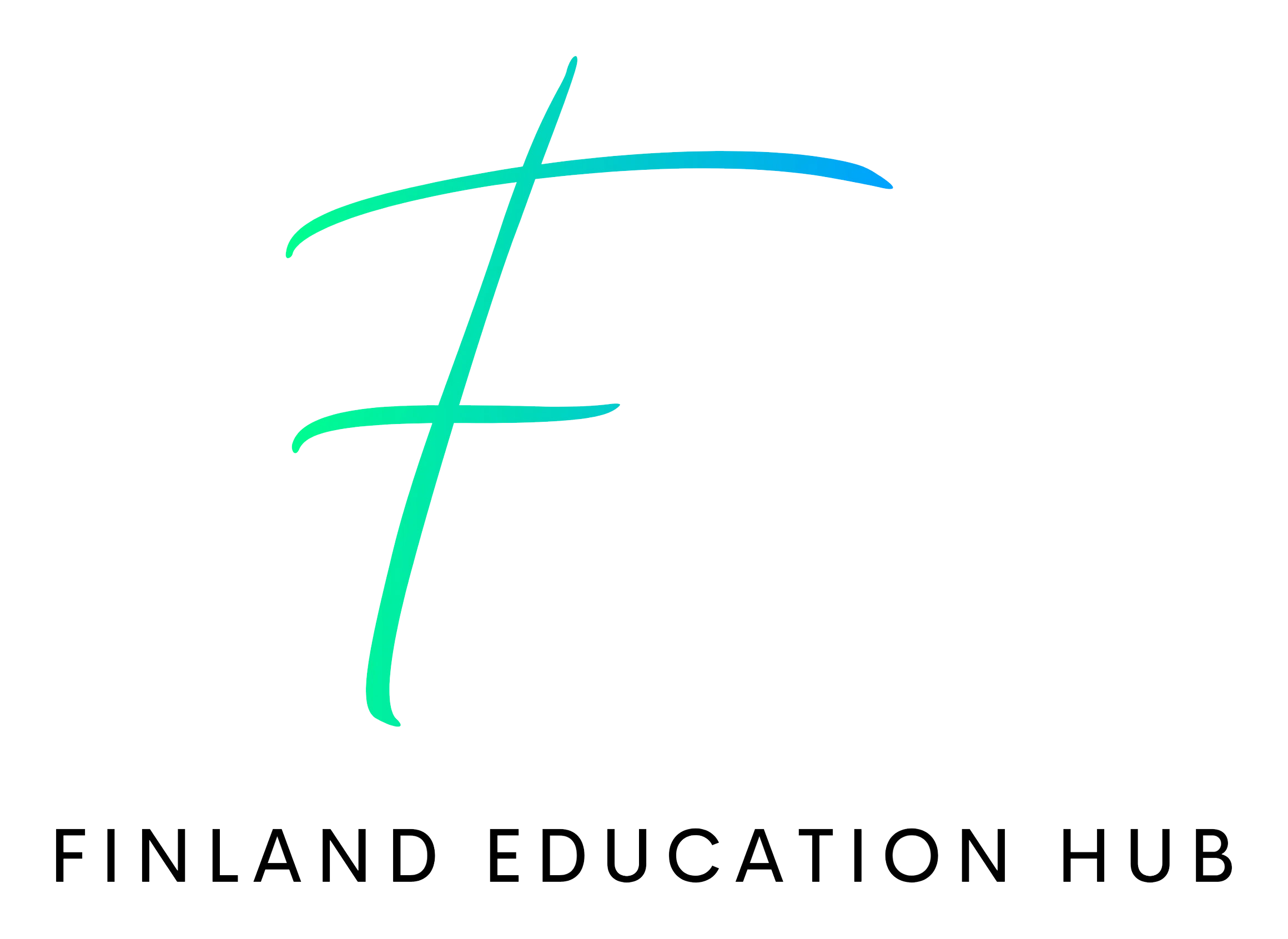Play-Based Learning: Unlocking the Magic Behind Finland’s Early Education
Finland’s early education system is globally recognized for its emphasis on play-based learning. As a fundamental component of the Finnish education system, play-based learning holds a prominent position in nurturing young learners. Instead of relying solely on formal instruction and academic pressure, Finnish educators understand the power of play in fostering holistic development and a love for learning. By integrating play into their educational philosophy and practices, Finland’s education system empowers children to explore, experiment, and engage in joyful learning experiences. In this blog, we explore the magic behind Finland’s play-based approach to early education. From its benefits to implementation strategies, we uncover how play can ignite children’s imagination, curiosity, and cognitive growth, laying a solid foundation for their educational journey.
The Power of Play in Early Education
Holistic Development: Play engages children in multi-dimensional learning experiences, promoting cognitive, social, emotional, and physical development simultaneously. When children play, they are actively engaged in the process of learning. They are exploring, experimenting, and making sense of the world around them.
Creativity and Imagination: Play-based learning encourages imagination and creativity, enabling children to think outside the box, solve problems, and develop innovative thinking skills.
Language and Communication Skills: Through play, children engage in conversation, storytelling, and role-playing, fostering language acquisition, vocabulary development, and effective communication.
Social and Emotional Skills: Play provides opportunities for collaboration, negotiation, empathy, and emotional regulation. It helps children develop interpersonal skills, build relationships, and understand social dynamics.
The Finnish Approach to Play-Based Learning
Playful Learning Environments: Finnish early education classrooms are designed to inspire play and exploration. They provide a range of materials, manipulatives, and open-ended resources that encourage imaginative play and hands-on experiences.
Teacher as Facilitator: Finnish teachers act as facilitators, observing and guiding children’s play while respecting their autonomy. They create a supportive and nurturing environment where children feel comfortable to explore and take ownership of their learning.
Integrated Curriculum: Play-based learning is integrated into the finland curriculum combining structured activities with unstructured playtime. Teachers carefully plan and incorporate learning objectives into play experiences, ensuring a balance between free play and intentional teaching moments.
Valuing Process over Product: In Finnish early education, the focus is on the process of learning rather than predetermined outcomes. Mistakes and experimentation are encouraged, as they provide valuable learning opportunities and promote resilience.
Read More: What is K-12?
Play-Based Learning in Practice
Imaginative Play: Role-playing, pretend play, and dramatic play scenarios allow children to explore various roles, express emotions, and develop narrative and problem-solving skills.
Sensory Play: Sensory activities using sand, water, playdough, and other tactile materials engage children’s senses, promoting sensory development, fine motor skills, and cognitive growth.
Constructive Play: Building with blocks, puzzles, and construction materials enhances spatial awareness, logical thinking, and problem-solving abilities.
Outdoor Play: Finland’s natural landscapes provide ample opportunities for outdoor play, fostering physical development, gross motor skills, and an appreciation for nature.
Challenges and Considerations
Implementing play-based learning requires support and resources. Adequate training, professional development for teachers, and creating a conducive policy environment are crucial for successful implementation. Balancing play and academic goals can also pose challenges, as educators need to strike the right balance between structured learning and child-directed play.
Conclusion
Play-based learning lies at the heart of Finland’s early education success. By recognizing the inherent value of play, Finnish educators have created an environment where children can thrive, explore their interests, and develop essential skills for lifelong learning. The magic of play-based learning lies in its ability to foster holistic development, ignite curiosity, and provide a solid foundation for future academic and personal growth. As educators worldwide embrace the power of play, Finland’s approach serves as an inspiration, reminding us that learning through play is not only enjoyable but also a transformative experience for young learners.

